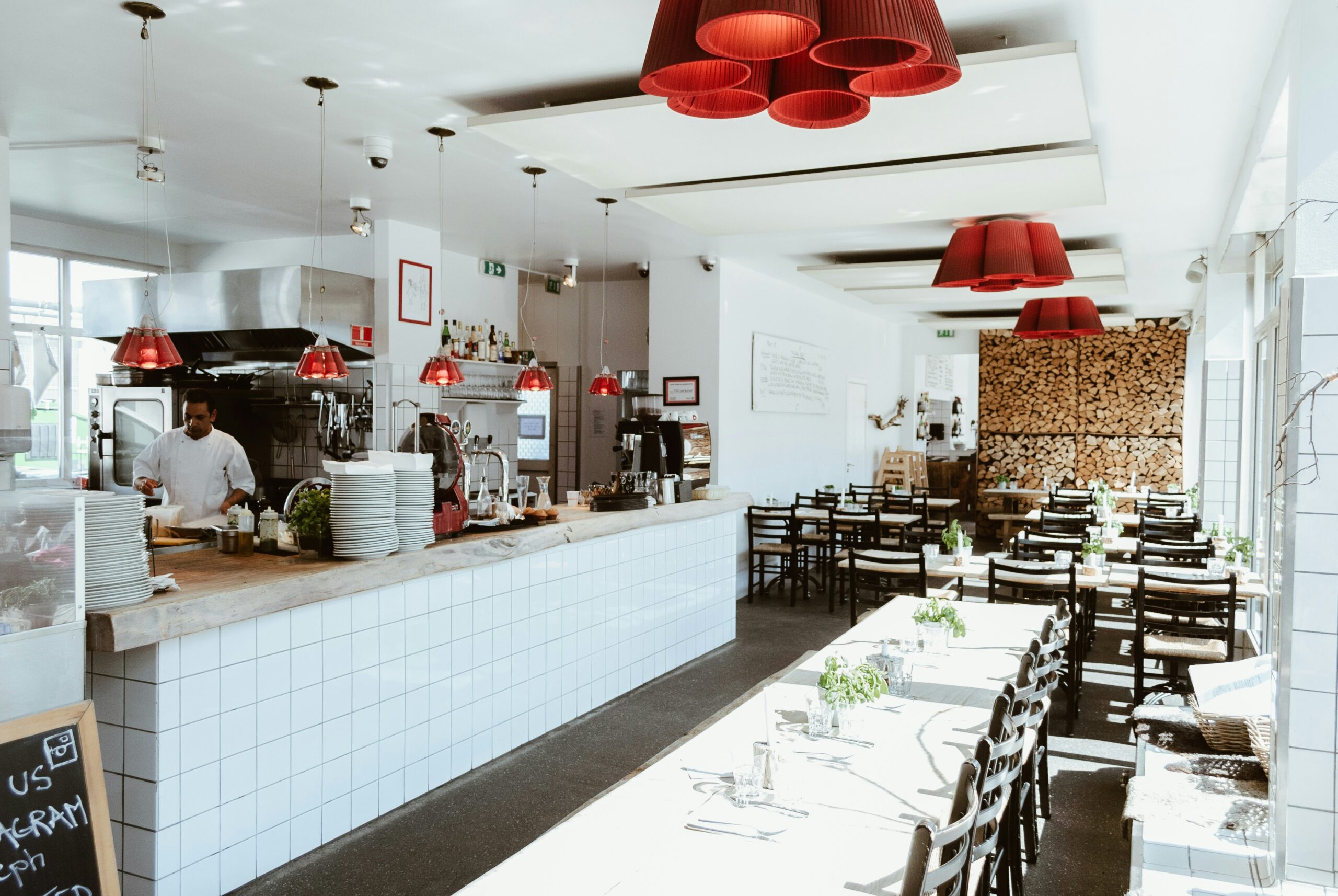Copenhagen is admired globally for its high standard of living. But it’s not perfect. While a recent report by the consultancy PricewaterhouseCoopers rated Copenhagen the best Nordic capital for doing business in, the city still faces sluggish growth. And while the city managed to convince the government to let them open a legal injection room to improve the living conditions of drug addicts, they have had less luck tackling the organised crime associated with the cannabis trade – the mayor wants to legalise cannabis, but the government has said ‘no’.
So how does the city’s mayor, Frank Jensen (Socialdemokraterne), hope to tackle these issues? The Copenhagen Post interviewed him to find out.
If Copenhagen is the best place to do business in Scandinavia according to PwC’s report, why is Stockholm experiencing so much more growth?
The best explanation is that we are not as good at taking advantage of our potential as the Swedes. Copenhagen has several universities and thousands of students, but we haven’t connected them closely enough to business. Sweden has been better at connecting state-funded research and exploiting this research for innovation, growth and jobs.
We hope that our plan to make Copenhagen the world’s first CO2-neutral capital city will help stimulate growth by making it a global hub for innovation in green technology. The city’s climate plan identified nine areas that can contribute to lowering carbon emissions, and based on these areas, such as energy efficiency, we invited researchers to help us understand what the next revolutionary types of technology might be. Business and industry can then use this information to help them develop products and technology that are in demand. Copenhagen will become a laboratory for testing these technologies, and businesses will have a site to invite city officials from around the world to visit and see what does and doesn’t work.
While the city wants to make changes, doesn’t it rely on the policies implemented by the national government?
Copenhagen is a part of Denmark and we are dependent on what happens on the national level. But as vice-chairman of the Socialdemokraterne in Denmark, I can take the lessons we learn in the city and share them with the country. For example, CEOs of big businesses in Copenhagen tell me they need several things, one of which is the opportunity to recruit experts from outside the country. We are not good enough at that right now and that’s because the capacity at international schools is too low.
We also need to make Danes better at mingling and socialising with workers that come from abroad. Foreign workers also need networks and access to services in English once they arrive. Our 2013 budget addresses these problems. We set aside 150 million kroner for a European school. We will also build an ‘international house’ close to the City Hall with a service centre for foreign professionals where all their practical needs can be addressed in English. Together with the University of Copenhagen, the house will also work as a hub for creating networks to make foreigners feel welcome in Copenhagen.
The City Council has lobbied the government to legalise the sale of cannabis on a test basis, but this was rejected. How can it be that a Socialdemokraterne-led government does not agree with a Socialdemokraterne-led City Council on this issue?
Copenhagen often sets the agenda with issues that the national political system has not yet understood or considered. For example, the debate about allowing civil unions between gay couples started at the City Hall in 1987, even though national politicians were opposed to it. But we kept up our pressure and in 1989 it was allowed. Another example is drug addicts who were forced to take their drugs out on the streets or in stairwells. We also pushed to allow councils to establish safe injection rooms, and this year Copenhagen opened the first council-run legal injection room.
Now the time has come for us to address the problem with cannabis. Copenhagen is the focus of crime between rival gangs caused by a cannabis trade that is worth almost two billion kroner a year.
But the way we have tried to limit cannabis over the years has not worked. For the past 20 years, we have made it the job of the police to stop the cannabis trade, but cannabis has never been bigger than it is now. That is why we now want to take the trade away from the gangs and create a controlled market where people can buy cannabis and know its strength. The uncontrolled cannabis market results in products being sold on the street that are so strong it can make people psychotic on their first try.
By regulating it we can also bring healthcare professionals closer to people that abuse cannabis. In parliament, the issue of legalising cannabis is a values issue, just like injection rooms and gay marriage used to be. But for us it’s simply a reaction to our reality. We experience the conflict and insecurity created by the gang-controlled cannabis trade in Nørrebro and Christiania. What we now need is a paradigm shift in our perception of cannabis.















